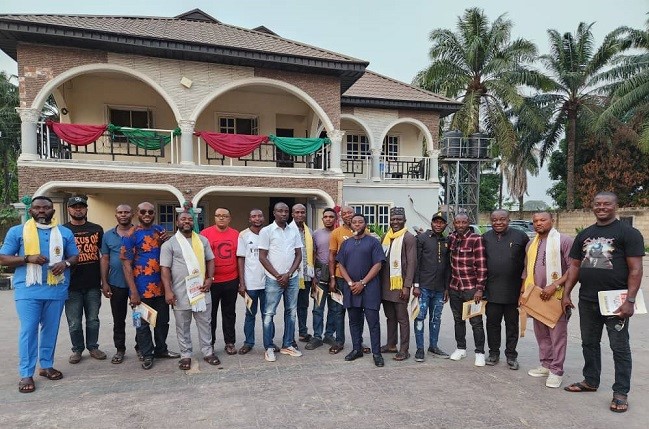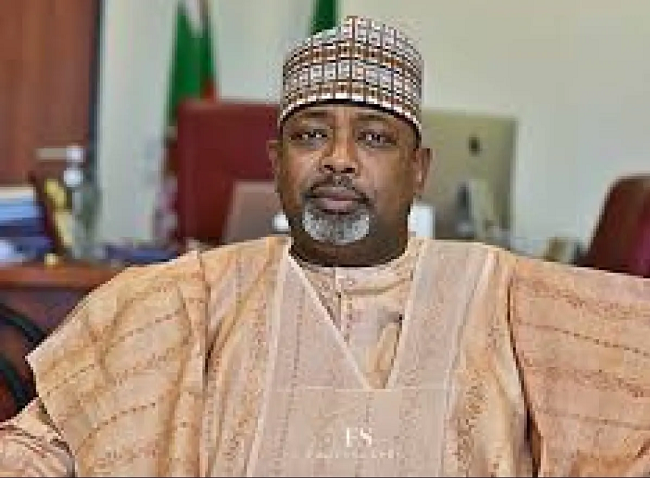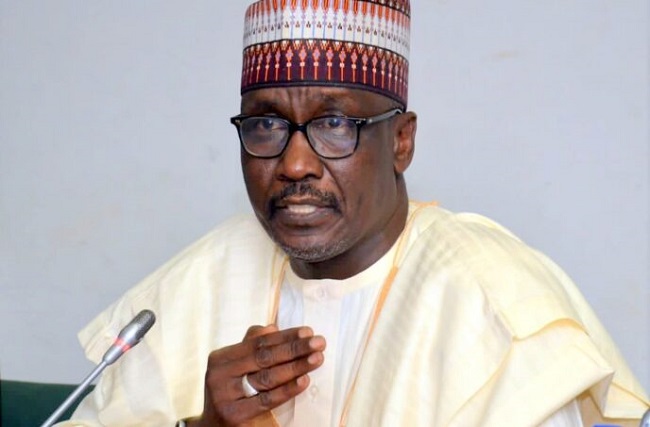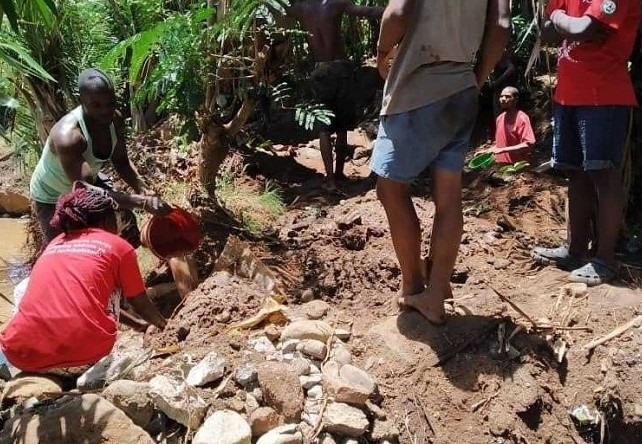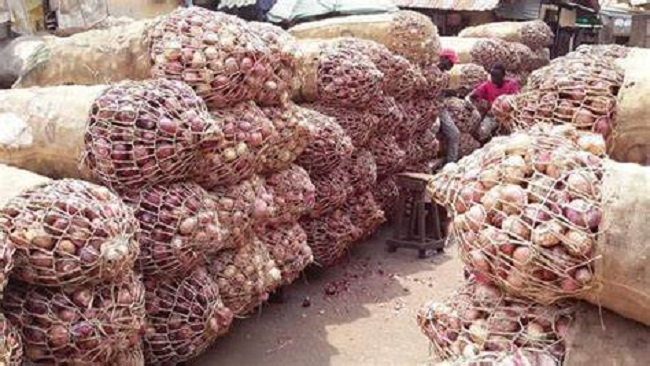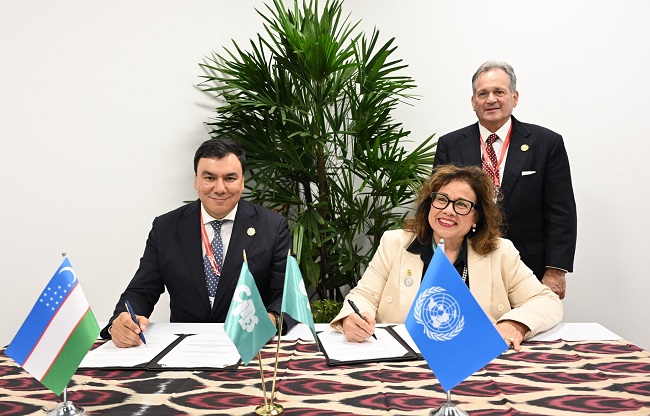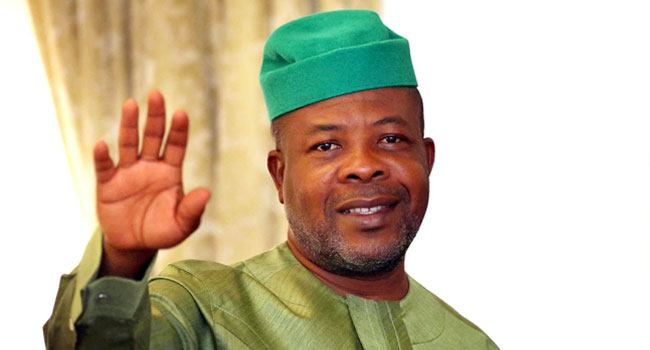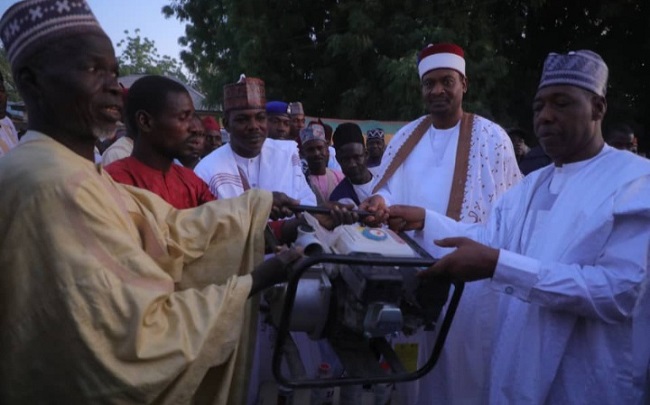Nigeria faces a significant and escalating crisis of hunger and poverty, driven by a combination of economic challenges, conflict, climate change, and inadequate agricultural production. As of 2025, it is projected that 33.1 million Nigerians will experience acute food insecurity, a stark increase from 25 million in previous assessments.
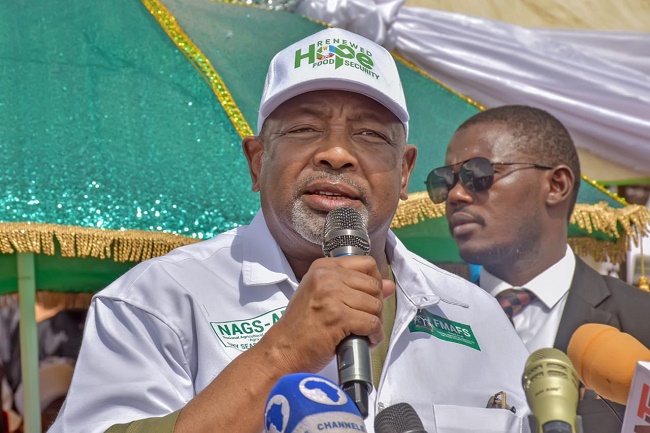
This represents an alarming rise of 7 million people from the previous year due to factors such as economic hardship and climate shocks. Approximately 5.4 million children and 800,000 pregnant and breastfeeding women are at risk of acute malnutrition. Of these, about 1.8 million children could face Severe Acute Malnutrition (SAM), requiring urgent nutritional intervention.
The northeastern states – particularly Borno, Adamawa, and Yobe – are the most affected, with 4.4 million food insecure individuals residing in this region alone. The country has been grappling with record high inflation rates, reaching 40.9% for food items, which exacerbates the affordability crisis for necessities. Ongoing violence and insecurity across the country further complicates food security efforts; the conflict and attacks has severely disrupted agricultural activities, leading to reduced food production. Aside the insecurity, Nigeria is highly vulnerable to periodic droughts and floods that adversely affect agricultural output. These climatic events have increased vulnerability among rural populations who rely heavily on subsistence farming.
The relationship between poverty and hunger in Nigeria has deep historical roots. Despite being rich in resources, successive governments have struggled to provide adequate food security for its citizens. A historical review indicates that poverty rates have increased significantly over the decades; for instance, the proportion of Nigerians living below the poverty line rose from 27% in 1980 to 70% in 1999, reflecting systemic issues in governance and resource management. Looking ahead, the situation is expected to worsen if immediate interventions are not implemented. The World Food Programme (WFP) warns that without urgent support, Nigeria may face unprecedented levels of hunger by mid-2025, particularly during the lean season when food availability typically declines,
The role of the budget in addressing hunger and poverty in Nigeria is crucial, as it directs financial resources towards key sectors that can alleviate these issues. The 2025 budget proposed by President Bola Tinubu is designed to tackle inflation, improve food security, and support agricultural productivity, which are essential for combating hunger and poverty.
On December 18, 2024, the President presented the 2025 Budget – a record N49.74 trillion, a 41.9% increase from the previous year. Dubbed “The Restoration Budget: Securing peace, Rebuilding prosperity”. 33% of the total proposed budget (NGN16.32 trillion) will be used to service loans and debts, 28% will be used for recurrent expenditure like personnel cost and overheads in running the government, 30% will go into administrative and public capital projects and programs, while 9% are for statutory expenses.
The 2025 budget for the agricultural sector in Nigeria has raised significant concerns regarding its adequacy and effectiveness in addressing the pressing issues of food security, inflation, and rural poverty. The 2025 agricultural budget reflects a concerning trend of underinvestment in a sector critical for national food security and economic stability. The allocations are insufficient given the challenges posed by inflation, insecurity, and rural poverty.
The proposed agricultural budget for 2025 is alarmingly low, constituting only 1.28% of the total Federal Government of Nigeria (FGN) budget. This allocation is below the Maputo Declaration target, which advocates for a minimum of 10% of national budgets to be dedicated to agriculture. This leaves a gap of ₦4.33 trillion between the actual allocation and the ideal level of funding required to meet international benchmarks.
The sum of NGN636.08 billion was budgeted for the sector in 2025, a far drop from the sector allocation in 2024. In 2024, a total of NGN996.9 billion was allocated to the sector, in 2023 the sector got NGN626.99 billion and NGN462.19 billion in 2022.
With inflation rising as high as over 30% in 2024, the real value of the budget allocation to the sector would have dropped to approximately – NGN616.99 billion (loosing over NGN19.1 billion due to inflationary pressure) should inflation persist and refuse to drop to the target of 15% as optimistically speculated. President Tinubu aims to reduce inflation from 34.6% to 15% and improve the exchange rate from approximately ₦1,700 to ₦1,500 per US dollar by 2025.
However, these goals are contingent upon increasing food supply and agricultural production to alleviate high food imports that pressure the Naira’s value. However, the current agriculture budget lacks the scale and strategic focus needed to drive such transformations. The current state of food inflation is alarming and poses a direct threat to achieving these economic goals. Without significant improvements in agricultural output and security measures, it is unlikely that these targets can be met.
More than often over 70% of the allocations are for capital expenditure – not necessarily in food production alone or mechanisation of food value chain, but also most a fraction of capital allocation on administrative capitals such as renovation, construction and supplies administrative capitals i.e. buildings and office vehicles, etc.
Per Capita Spending: With over 230 million Nigerians, if the entire agricultural budget were allocated solely for food production, it would amount to approximately ₦2,725.96 per person for the year. When considering capital expenditure, this figure drops to around ₦2,060.17 per Nigerian, indicating insufficient funding for essential agricultural inputs like seeds, fertilisers, and machinery.
Rural Population Impact: Given that the rural population of 109 million people and more – who are primarily engaged in agriculture – comprises about 45-47% of the total national population, their share of the agricultural budget would be roughly ₦5,800 per person, with capital expenditure contributing approximately ₦4,383. This level of funding is inadequate to meet their needs or to stimulate meaningful agricultural growth.
The persistent insecurity in rural areas, where most farming occurs, continues to hinder agricultural productivity. Without robust unbiased law enforcement and justice mechanisms to combat violence against all Nigerians, hunger will continue to be a significant issue. Security agencies must be fully empowered and supported to combat all forms of insecurity, while justice must be impartial and thorough in holding sponsors, perpetrators, and enablers of violence accountable. Until farms become safe, hunger and food insecurity will persist, undermining broader economic progress.
Agriculture Sector Budget Allocation, Releases, and Utilisation – The agriculture sector in Nigeria has shown a consistent pattern of underperformance in terms of budget allocation utilisation and fund releases. A closer examination of quarterly data reveals significant inefficiencies that hinder the sector’s capacity to deliver on its goals of boosting food production and economic growth.
In Q2 2022, ₦386.65 billion was allocated for capital expenditure, but only ₦36.6 billion (9.46% of the allocation) was released, with a utilisation of ₦8.34 billion. This translated to just 2.16% of the allocation being utilised and 22.79% of the released funds effectively applied. These figures highlight severe inefficiencies in the disbursement and utilisation of allocated funds during this period. However, in Q4 2022, there was a significant improvement, with ₦102.49 billion allocated and ₦236.43 billion released. Utilisation during this quarter reached ₦209.07 billion, equating to an impressive 203.98% of the allocation utilised and 88.43% of the released funds. This exceptional performance indicates that when the sector receives adequate resources and addresses implementation bottlenecks, it can achieve substantial results.
The trend shifted again in 2023, with mixed outcomes. For instance, in Q2 2023, ₦341.57 billion was allocated, but only ₦48.12 billion (14.09% of the allocation) was released, with a utilisation of ₦9.54 billion. This resulted in 2.79% of the allocation being utilised and just 19.83% of released funds applied. While Q3 2023 showed improvement, with ₦341.57 billion allocated and ₦128.24 billion released, utilisation reached ₦109.89 billion, reflecting 32.17% of the allocation utilised and 85.69% of released funds applied.
This progress underscores the potential for better performance when releases are timely and adequate. However, in Q4 2023, despite ₦409.27 billion being allocated and ₦321.26 billion released, utilisation fell to ₦56.95 billion. This equated to just 13.92% of the allocation and 17.73% of released funds, signifying inefficiencies and delays in fund application.
In 2024, the allocation for agriculture increased significantly to ₦886.65 billion in Q2, but no data is available on releases or utilisation for that period. This lack of transparency raises concerns about whether the sector can manage larger allocations effectively.
The data reveals a troubling trend of low utilisation rates across most quarters, often below 15% of allocations, except for notable exceptions like Q4 2022 and Q3 2023. This poor performance stems from inefficiencies in planning, disbursement delays, and weak project implementation. Inconsistent release patterns further exacerbate the problem, with some quarters receiving releases exceeding allocations, as seen in Q4 2022, likely due to carryovers or additional funding.
These challenges have far-reaching implications. Low utilisation rates hinder the sector’s ability to address critical issues such as food security, inflation, and import dependency. They also highlight systemic governance issues, including weak planning, lack of accountability, and delays in fund disbursement, which collectively undermine the sector’s potential.
To address these issues, several recommendations are crucial. First, fund disbursement timelines should align with the agricultural calendar to ensure timely implementation of projects. Second, mechanisms for planning, monitoring, and implementing agricultural initiatives need to be strengthened to improve utilisation. Third, transparency and accountability in fund management should be enhanced through better oversight.
Accountability and Transparency Challenges in the Management of Public Finance: Beyond the poor utilisation rates, the Ministry of Agriculture, like many Ministries, Departments, and Agencies (MDAs) in Nigeria, faces a critical lack of accountability and transparency in managing public finances. The absence of project reporting for core programmes and initiatives is a glaring gap within the Ministry. This issue is not isolated to the Ministry of Agriculture but reflects a systemic trend across most MDAs.
Key agencies such as the Budget and National Planning Ministry, the Accountant General of the Federation, and the Auditor General of the Federation have shown a concerning level of complacency in ensuring open budgets, operational reporting, and public access to the actual expenditures and financial accounts of these MDAs. This lack of oversight perpetuates inefficiencies, waste, and mismanagement in the utilisation of public funds.
For example, while Nigerians continue to grapple with the dual challenges of climate change and pest-related agricultural losses, substantial budgetary allocations are directed toward pest control programmes under the Ministry of Agriculture and its Quarantine Agencies. Despite these allocations running into billions of naira, there is little to no evidence of tangible results or progress reports on how these funds are utilised. This lack of transparency creates a disconnect between allocated resources and actual outcomes, leaving the public in the dark regarding the effectiveness of these programmes.
This culture of non-reporting and minimal accountability undermines public trust in the government’s capacity to address critical national issues. It also raises concerns about the alignment of budgetary priorities with national needs, especially in sectors like agriculture, where addressing food security and mitigating the impacts of climate change are paramount.
To address these challenges, there is an urgent need for the following actions:
- Institutionalising Open Budget Processes: MDAs must adopt open budgeting practices that allow for public scrutiny and participation from planning to implementation stages.
- Mandatory Project Reporting: Every ministry, department, and agency should provide detailed, periodic reports on programme activities, fund utilisation, and measurable outcomes.
- Strengthening Oversight Bodies: The Budget and National Planning Ministry, the Accountant General, and the Auditor General must enforce compliance with projects, programme and financial transparency standards, ensuring that MDAs report their expenditures and projects openly and regularly.
- Public Access to Financial Data: Citizens and civil society organisations should have access to financial records and reports to independently verify how public funds are spent.
- Performance-Based Monitoring: Introduce mechanisms to tie funding to project performance, ensuring that allocated funds yield measurable results that align with stated objectives.
- Clarity on Specialised Allocations: For critical sectors like agriculture, there must be clear communication of outputs for funds allocated to specialised programmes, such as pest control, with verifiable data on impact and progress.
These reforms are crucial not only to improve financial management and project implementation but also to restore public confidence in the government’s ability to address pressing national challenges effectively. Without accountability and transparency, the goals of achieving food security, tackling climate change, and promoting sustainable development will remain elusive.
Finally, state governments should complement federal allocations and improve their contributions to fund usage, ensuring a coordinated effort to boost agricultural productivity. Additionally, state governments and local communities should prioritise the establishment of robust security and vigilance services to combat and eliminate all insecurity threats and perpetrators. This collective effort is essential to reclaiming and safeguarding our homes and country, ensuring that farmers can operate safely and productively. By addressing these gaps, Nigeria’s agriculture sector can maximise the impact of its budget allocations, improve food security, and contribute to sustainable economic growth.
By Donald Ikenna

